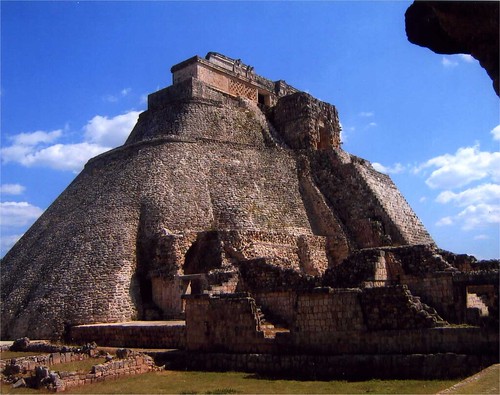We picture geeks as intelligent, unattractive, and socially-awkward individuals who wear thick glasses and talk about things that most of us don’t understand. Well, that’s just a stereotype. Geeks come in all shapes and sizes, and you don’t have to be ashamed to be one. Being a geek just means that you have a deep interest in some specific subject and probably have a hard time not going on and on about it with somebody who doesn’t care. The geek in you might find the following careers very exciting.

1) Computer Programmer
If ones and zeroes excite you, you might be destined for a life of computer programming. Programmers design computer programs using thousands of lines of coding. The codes are commands that tell a computer exactly what to do and when to do it. Many programs require knowledge of more than one type of programming language.
For computer programmers, the term “tedious” describes their jobs perfectly. Coding is a process that requires high attention to detail and plenty of trial-and-error. If you are not careful, one misplaced character within 50,000 lines of code could cause a program to fail to execute. If that’s not enough to scare you away, you will likely spend 12-16 hours a day in a cramped office in front of a computer screen as a programmer. Physical activity and a social life are things that are hard to come by. At least you’ll be paid nearly $100,000 a year for all that trouble.
2) Chemist
Chemists are experts in the field of chemistry. They often work with chemicals in high-tech labs. Chemists are scientists that strive to identify the properties of a wide number of chemicals. They are responsible for figuring out what effects certain chemicals have on people and the environment. The job of a chemist will suit you if you want to spend your day wearing goggles, latex gloves, and a lab coat while mixing solutions.
Performing experiments, or controlled tests, is a big part of a chemist’s job. This is how they figure out what properties chemicals have. They might test them on lab rats to simulate the effects on a human subject. These tests help chemists to determine cause-and-effect.
If you like putting puzzle pieces together, a chemist’s job will be like a fun board game to you.
3) Librarian
Geeks are often called “bookworms” because they like to spend lots of time reading. If that describes you well, consider becoming a librarian. Librarians oversee a collection of books. They are employed by schools and universities, the state, the federal government, or by a private collector.
Librarians usually offer help services for patrons of a library. This might include helping somebody locate a specific book, performing front desk duties, training newbies on how to use the computerized library database, and more. If you love books, you will always be surrounded by them as a librarian.
4) Archaeologist
Do you enjoy learning about ancient civilizations and early people? Are you interested in examining old relics and ruins? Do things of the past intrigue you? If you answered “yes” to any of the above, you may be suited for a career as an archaeologist. Archaeologists are scientists who study humans of the past. They do so by taking a look at the things that these people have left behind. Tools, pottery, weapons, and building remains are just some of the recovered objects that could tell archaeologists more about a certain group of people.
Archaeologists usually undergo three major steps of investigation. They include surveying, excavating, and analyzing. Surveyance is the locating of an appropriate geographical location that might contain many remnants of the ancient people of interest. Excavation refers to the physical digging and acquisition of such objects. Finally, the excavated items are examined using a number of scientific processes during the analysis to gather further information about the people who once interacted with them.
To locate evidence of early civilization, archaeologists travel frequently all over the world. They may spend lots of time outside in unpleasant weather conditions and environments to find what they are looking for. This makes their job one of the more dangerous ones out there.
Trevor Parker is an archaeologist and guest author at HowDoIBecomeA.net, where he has contributed to career guides such as this one.
